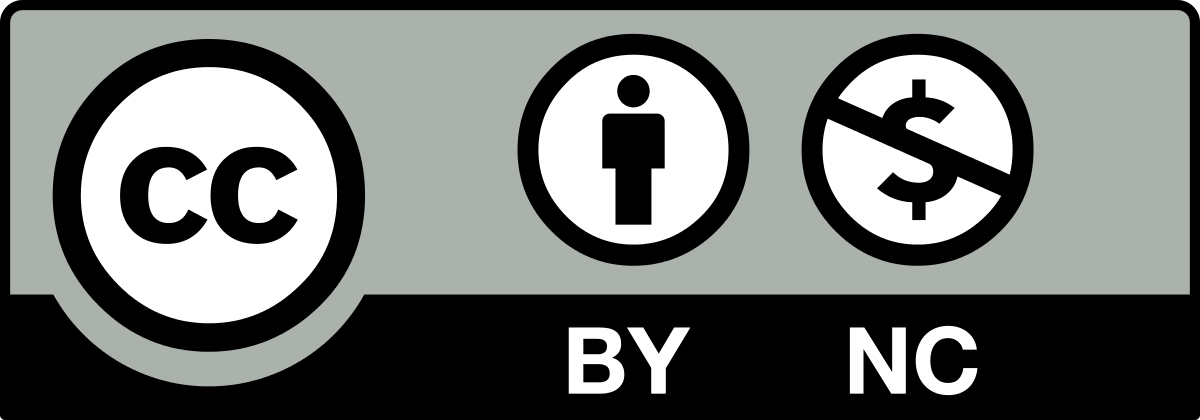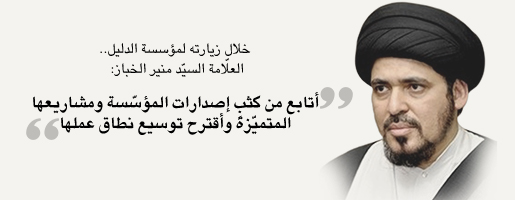
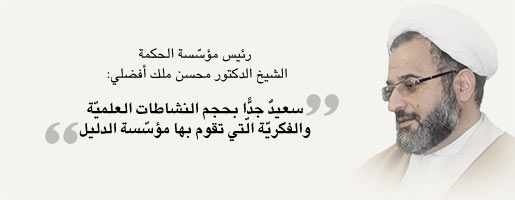
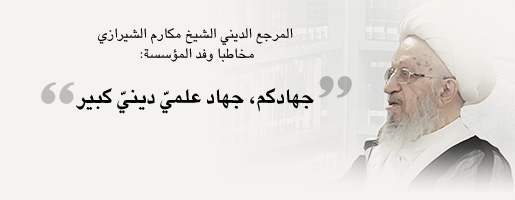
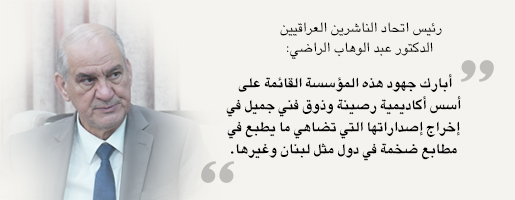
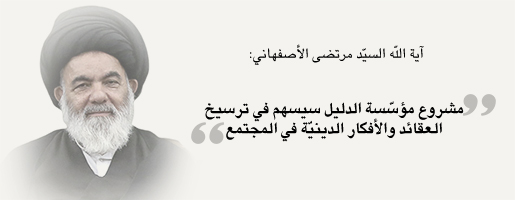
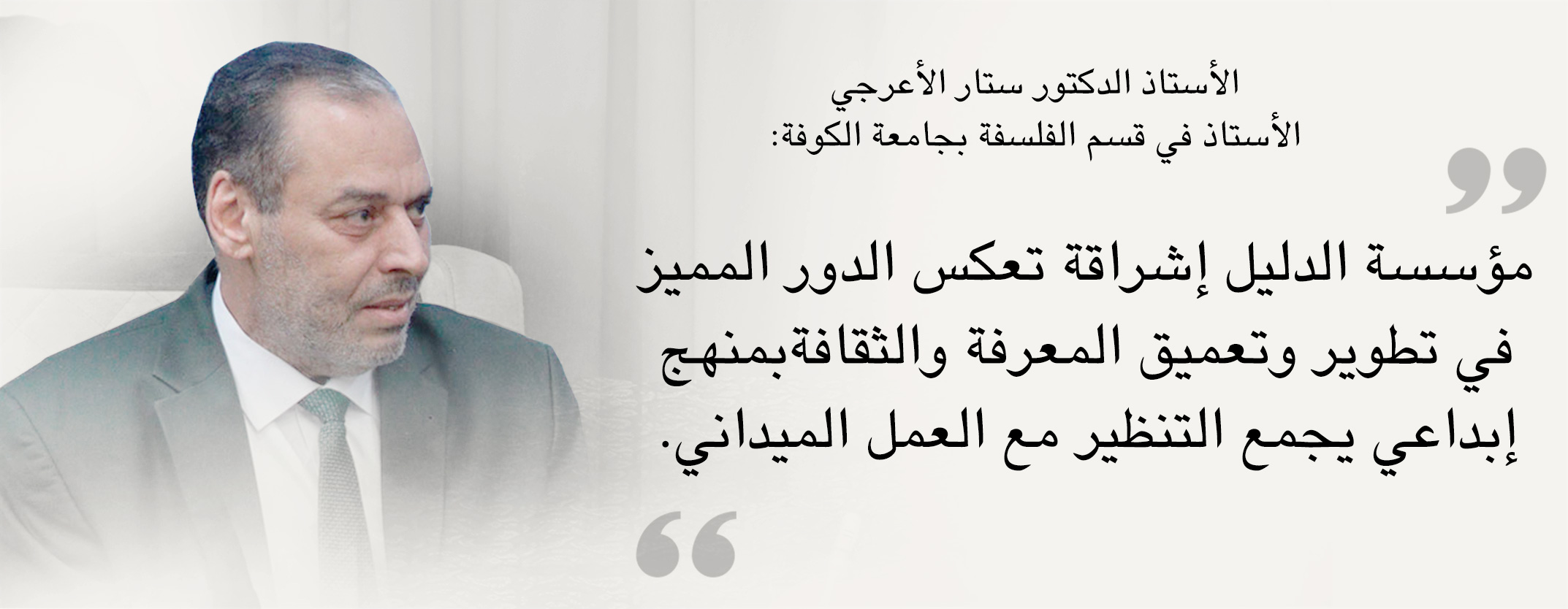
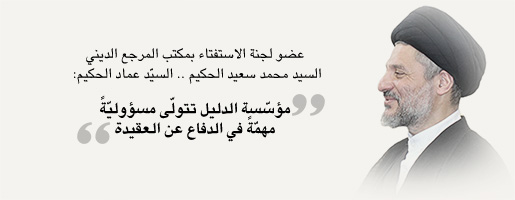
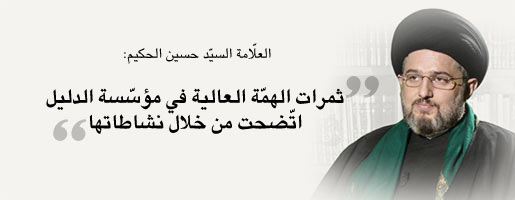
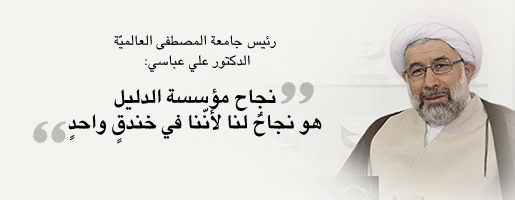
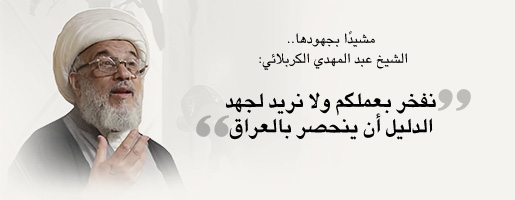
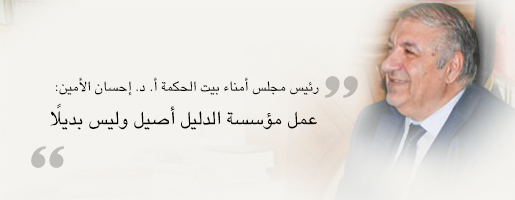
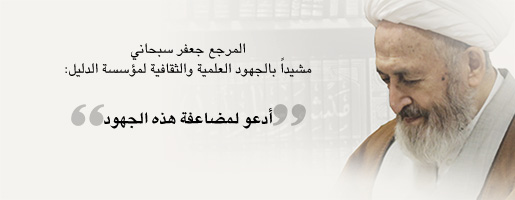
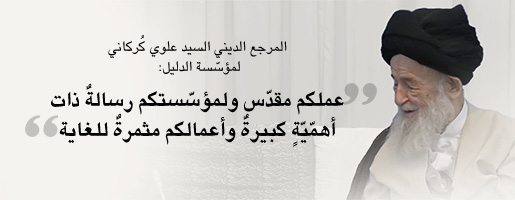
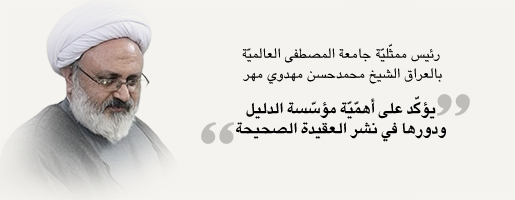
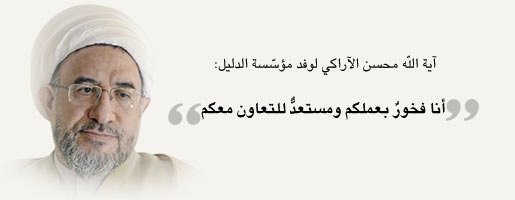
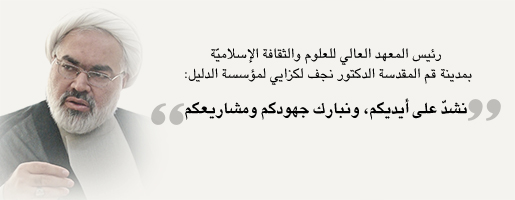
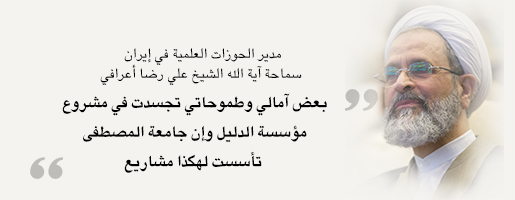
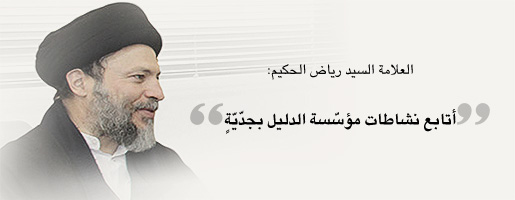
D. Abid Hussein Al-Mahdawi
Abstract
Freedom is among the concepts that have drawn considerable attention from thinkers, particularly in the West. It has been approached from various angles concerning the epistemological and behavioral dimensions of the human being. One important dimension worth examining is that of moral freedom, which has sparked considerable debate among its theorists. All intellectual currents - whether religious or secular - agree in rejecting absolute freedom due to the social chaos it can produce. Instead, they advocate for a form of relative freedom that is constrained by certain boundaries. The point of contention lies in defining the scope of this freedom and the mechanisms by which it is restricted. Each school of thought relies on its own philosophical and doctrinal foundations to articulate these limits. While humanism promotes a worldview that places the human being at the center of moral authority, asserting absolute human autonomy in determining moral freedom, Islam shares with it the recognition of the human role. However, it rejects the notion of absolute centrality, placing limitations on it that are rooted in divine revelation and the will of God. This comparative study, employing descriptive and analytical methodology, concludes that there are both convergences and divergences between the two perspectives, depending on the nature of the principles and foundations upon which each is built.
